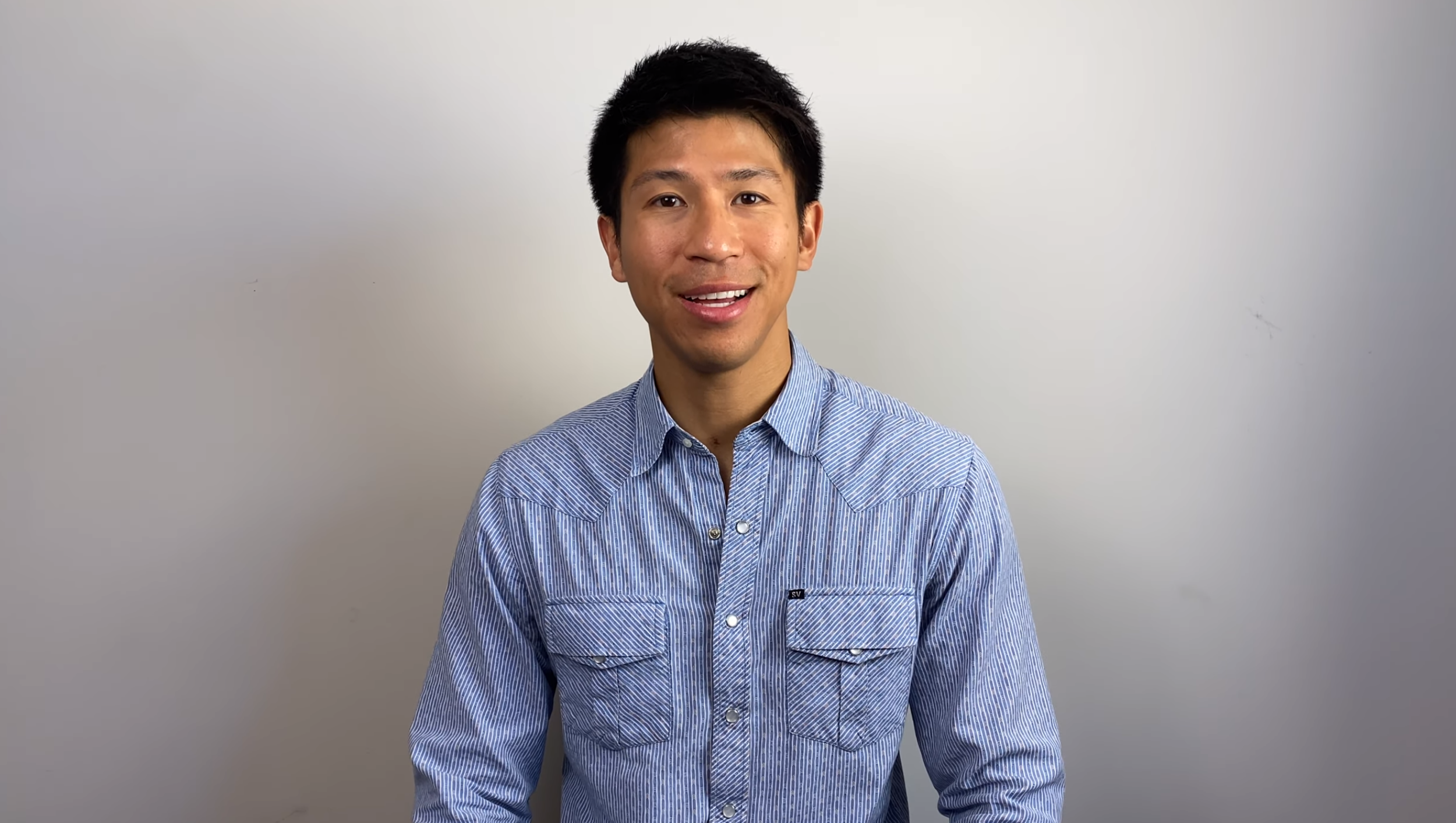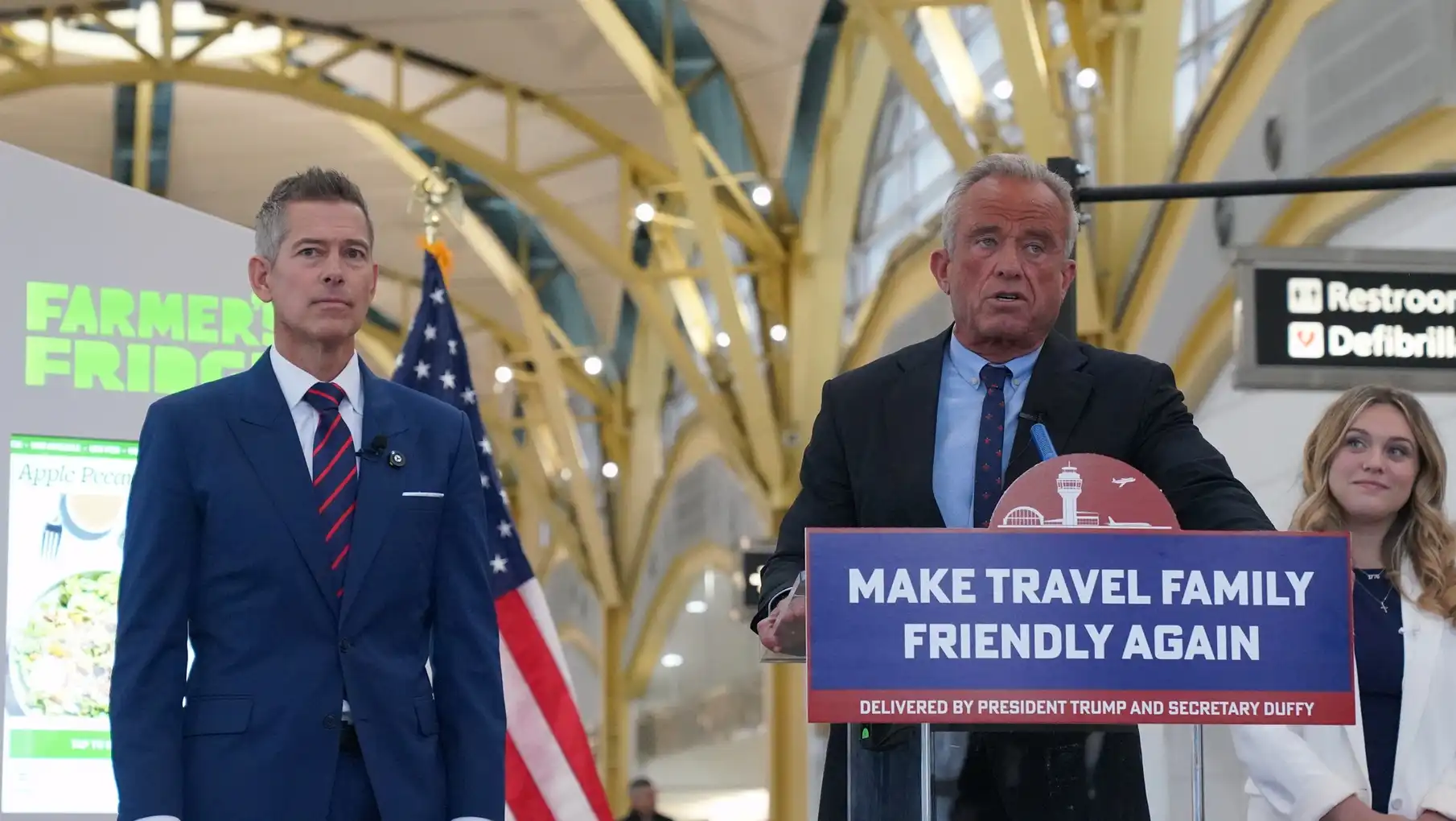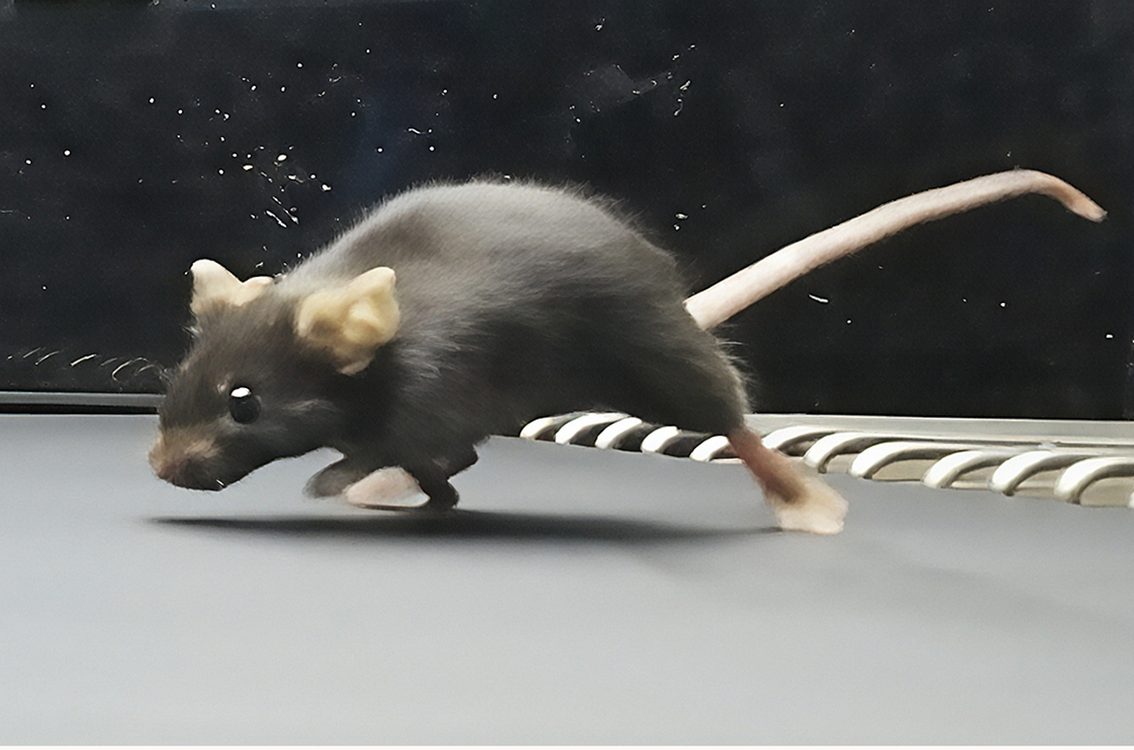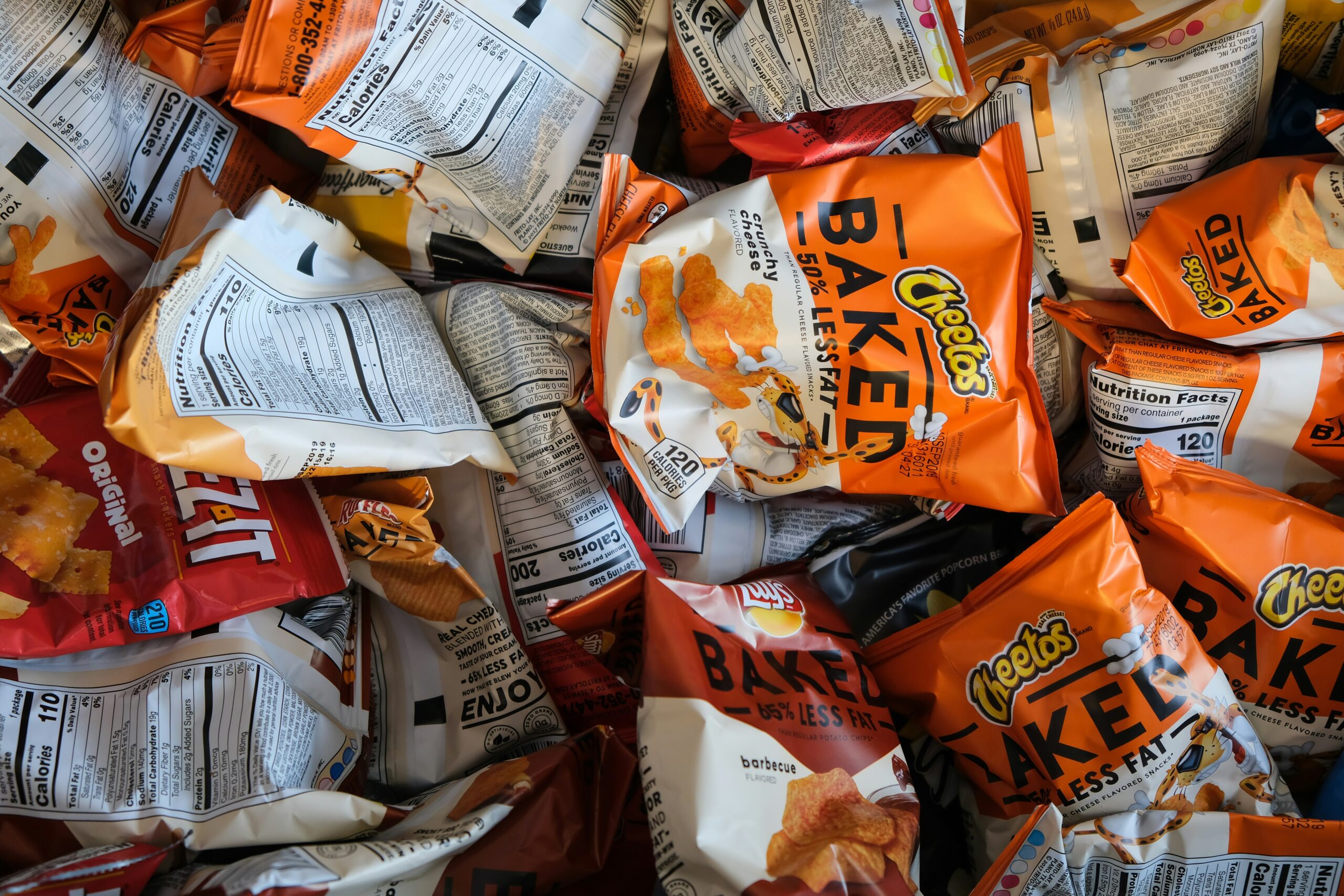Cannabidiol, (CBD) the non-psychoactive component of marijuana, is now widely available in the United States for treating things like inflammation and depression despite the federal illegality of its parent body. Psilocybin, the compound that gives psychedelic mushrooms their motor, has been shown to be orders of magnitude, perhaps as much as 60% more effective, than traditional SSRIs, yet it remains highly illegal.
Decades of government propaganda have ensured they may carry stigma for generations, despite their remarkable pharmaceutical potential which, in terms of CBD, was recently found to have a preventative and therapeutic role in the treatment of COVID-19.
In a study published awaiting peer-review, scientists found that CBD inhibited viral RNA gene expression, preventing it from replicating in lung cells, while also blocking the formation of the “spike protein,” the method the virus has for entering our cells.
Furthermore CBD “effectively reversed” the triggering of a hyperinflammatory response—the so-called “cytokine storm” that is the largest cause of death associated with COVID-19 and its variants, as well as dropping the level of cellular inflammation, not just to the levels of an uninfected patient, but of one being treated with CBD.
“When COVID came, I think we already know that part of the story of the cannabis plant is, from the endo-cannabinoid system, CB-2 receptors primarily, when there is aggressive symptom on them, sort of put a braking system on the CB-2, which interacts with the immune system,” says Samoon Ahmad, MD, Chief of the Inpatient Unit at Bellevue Hospital and Professor of Psychiatry, NYU Grossman School of Medicine
“If you go back and look at the literature, from the Romans to the Egyptians, you can literally go down the list of all kinds of inflammatory diseases… and it suggests that the utility has been there,” he told WaL. “The problem is we don’t have substantial data”.
Indeed, not least of which is the data on the cannabis plant as a whole, since CBD is just one derivative out of 400 to 500 different chemicals, which react in different ways with each other and with our physiology.
“I think if we really followed through on the effect of CBD primarily, and how it interacts with the CB-2 receptor, it’s not surprising, because we know it has anti-inflammatory properties,” says Dr. Ahmad. “And we know in some ways that it is the cytokine storm that most of the time leads to this particular problem, acute respiratory distress syndrome”.
Dr. Ahmad points out that the plant has yet to be largely researched with the gold standard of double-blind placebo-controlled trials.
But this gold standard is set within a medical/government/pharmaceutical industry model, which is as bureaucratic as it comes, sucks up money and time like doing your taxes, and has the agility of a container ship.
On average it costs one billion dollars and more than 5 years for a major pharma company to get a drug all the way through FDA-approval, an investment even the largest of pharma giants is hesitant to make unless they’re sure the drug will not only work, but that they can patent it as to ensure they make that one billion back and how.
Regulations like these are cause of a million different frustrations about the costs of drugs and other treatments in this country versus elsewhere, and it’s brought some people to skip the entire process, if only a state allows them to, or consumers demand it.
PICTURED: (from left to right) Callum Hughes, CEO of Allied Corp, Matt and Jackee Stang – Co-Founders of Delic Holdings. Both companies market cannabis and psychedelics on an enterprise scale.
Making their own choices
“We’ve seen an increase in demand on the people level. And if you look around the whole COVID thing, people’s mental health was generally affected by that,” Callum Hughes, CEO of Allied Corp, which markets CBD products and treatments to veterans and first responders, told WaL’s Andy Corbley in an interview. “The increase in cannabis and CBD sales has been reported to us from our distributor partners from the U.S”.
Allied hasn’t waited for proof of efficacy standards that can take years to produce for the FDA, and is offering their products either direct to consumer, or direct to healthcare providers, because the way they see it is that between 17-22 veterans commit suicide daily, and cannabis could help that.
“One of our brand ambassadors was a 17-year Green Beret and United States veteran who has really overcome his story with PTSD, so it’s an authentic message brought to market by authentic people,” explains Hughes.
Another CEO pursuant of this end is Matt Stang, co-founder of Delic, the nation’s first “psychedelic wellness corporation”. Delic is publicly traded, runs a series of ketamine clinics in California, and is developing marketable psilocybin treatments for when states begin to allow them to be sold or prescribed.
“The amazing power of these substances to help with PTSD and trauma squarely puts it right in the veteran’s lap,” Stang explains to GNN. “You know I’ve seen veterans who have gone in for ketamine treatments… I saw a giant bear of a man at a clinic in San Diego who was crying, and he said [without these treatments] ‘I wouldn’t be alive, I wouldn’t have my family’”.
Jeff Chen MD, and Founder and Executive Director of the UCLA Cannabis Research Initiative is another player in this whitish-grey market, who’s attempting to leverage new technologies in order to entirely bypass the normal expectations of gold-standard trials and FDA approval, and he sees his new company Radicle Science, starting where the need is greatest, which happens to be CBD, psilocybin, and other similar compounds.
“Right now 20% of Americans are using CBD and cannabis products even though there has not been ONE clinical trial on any of the thousands of brands and products sold in the U.S,” Chen explains to WaL. “So you could say…this is one of the the largest public health experiments of our generation”.
A two way street
The stigma attached to the use of psychoactive plant medicines runs two ways. Not only are they indelibly linked to stoner culture, but the diseases for which it they treat — mental disorders, carry stigma on their own.
That has largely been demonstrated even by the scientific literature, in terms of physicians carrying stigma against their colleagues in the psychiatric field, carrying stigma against physicians that admit to having mental health problems, and most often against their patients, surprisingly enough.
“The data is very clear historically, the Controlled Substances Act of the 1970s has really put a damper on the utility or use of any of these [plant medicines], and even as mental health professionals or medical doctors we’ve been completely in the dark as a result, because everything is Schedule 1 and Schedule 1 really means a drug of abuse that has no medical or therapeutic value,” explains Dr. Ahmad, who authored a physician’s guidebook called Medical Marijuana: A Clinical Handbook.
Dr. Ahmad published his book as part of an attempt to combat this stigma, as well as a general ignorance, which he says starts all the way in medical school.
“That’s where you start, that’s part of your training, that’s part of your medical curriculum, so you view through that very myopic and skewed lens in terms of the utility, or zero utility [of cannabis] and it really depends upon individual physicians, at some point, to begin to educate themselves,” he says.
“If the physicians and the mental health and medical community is not comfortable with it, how can the general public be educated?”
“Pharma will only spend the $1-2B it takes on average to get a new drug through the FDA if it can monopolize that drug and reap profits in excess of that cost.”
As a mental health practitioner, plant medicines like cannabis and psilocybin have now-obvious uses, but the lack of data, particularly double-blinded placebo-controlled trials suggests to him that the status quo isn’t going to change within the medical/pharma/regulatory community anytime soon.
Looking beyond the schedule 1 issue for Ahmad, his practice would immediately run into the regulatory burn pit of money and time. A 2018 report on an MIT study looking at FDA approval found that a rate of 14%, averaged out across different types of drugs, was “substantially higher than previous estimates”.
This bleakness, for those looking for what are proven to be powerful therapeutic effects for a number of conditions, might drive someone to do what Jeff Chen is doing at Radicle Science, who feels bypassing the medical/pharma/regulatory log jam is the most important thing he could do to help people.
PICTURED: Jeff Chen MD, co-founder of Radicle Science.
Ripping up the gold standard
“There are layers of regulations and restrictions pertaining to clinical research that don’t apply if you don’t take federal funding, you are studying commercially available food and dietary supplement instead of new chemical entities, and you don’t intend to submit this data to the FDA but rather use this data to empower various stakeholders, from consumers and brands, to retailers and insurance companies,” Chen explains to WaL.
“So take off those shackles, add the efficiency of a startup, employ the latest technology, and you’re looking at an unprecedented speed and cost to gather first-of-its-kind objective health data on these commonly used natural products”.
Chen explains that there is “virtually no large scale clinical trial data” on plant medicines or other natural health products like herbal remedies because they’re from nature—they’re virtually impossible to patent. The patent is the only chance a pharma giant has of making back the substantial investments it fronts to the government and others to get through FDA-approval.
“Pharma will only spend the $1-2B it takes on average to get a new drug through the FDA if it can monopolize that drug and reap profits in excess of that cost”.
While Radicle’s crowdsourced data collection methods aren’t the recognized gold-standard, they are fast and cheap to gather, involve huge sample sizes, and look at things that are normally self-reported anyways, like pain, sleep disturbances, mood, etc. which scientists observe using peer-approved scales based on what the patient reports.
“I’d argue the data is actually more relevant in this situation because you are studying people in their natural environment and lives, not in an artificial hospital setting,” says Chen. “And because you aren’t limited by hospitals and participants who live within driving range, you can recruit a much larger and more diverse population. A key criticism of clinical trials is that the individuals who join them, and the experience they undergo, do not resemble the individuals and experiences encountered outside of the clinical trial”.
Chen and Radicle are offering data only for CBD manufacturers, because he says that’s where the need is greatest, but afterwards it could be psilocybin, other psychedelics, then likely microbiome interventions, and eventually herbs, plants, diets, and more, all researched through a process which Chen describes as “democratized, accessible, [and] affordable”.
Whether it’s COVID-19, inflammation—which itself is one of the biggest problems in the health landscape, or a myriad of mental health and mood disorders, cannabis and psilocybin are practically screaming their efficacy to society, and there are agents in society who are listening, and their actions could spur a mini-revolution in pharmaceuticals and the medical field.






